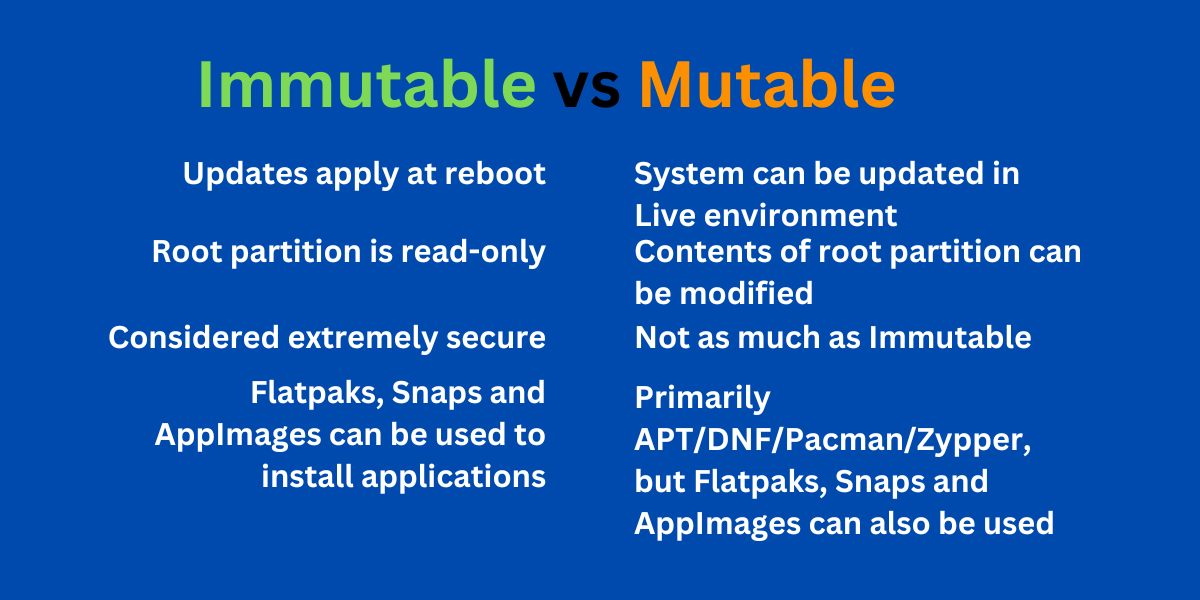this post was submitted on 13 Jan 2025
238 points (100.0% liked)
Linux
1261 readers
68 users here now
From Wikipedia, the free encyclopedia
Linux is a family of open source Unix-like operating systems based on the Linux kernel, an operating system kernel first released on September 17, 1991 by Linus Torvalds. Linux is typically packaged in a Linux distribution (or distro for short).
Distributions include the Linux kernel and supporting system software and libraries, many of which are provided by the GNU Project. Many Linux distributions use the word "Linux" in their name, but the Free Software Foundation uses the name GNU/Linux to emphasize the importance of GNU software, causing some controversy.
Rules
- Posts must be relevant to operating systems running the Linux kernel. GNU/Linux or otherwise.
- No misinformation
- No NSFW content
- No hate speech, bigotry, etc
Related Communities
Community icon by Alpár-Etele Méder, licensed under CC BY 3.0
founded 5 years ago
MODERATORS
you are viewing a single comment's thread
view the rest of the comments
view the rest of the comments

From an advertising perspective, it's important to think about who you're targeting. Who are your likely customers? Certainly there are some based on the strengths that you raised.
However, some people are definitely not a good target audience, and some people is actually a very large group of people. There are a lot of current and potential users who essentially want the standard major applications to work, and they're not going to touch the root partition, and they want things to be very simple. For people like that, Debian or Ubuntu or Fedora already do what they want. And these major operating systems have been around for so long that people will naturally be more confident using them, because they were their friends have experience, or because they think the organization has more stability because of its experience.
Of course a lot of things depend on how you define words, but to me the above paragraph describes the mainstream audience, and I don't think you're going to have much luck reaching them, because I don't think the thing you're trying to sell gives them extra value. In other words, it's not solving a problem for them, so why should they care.